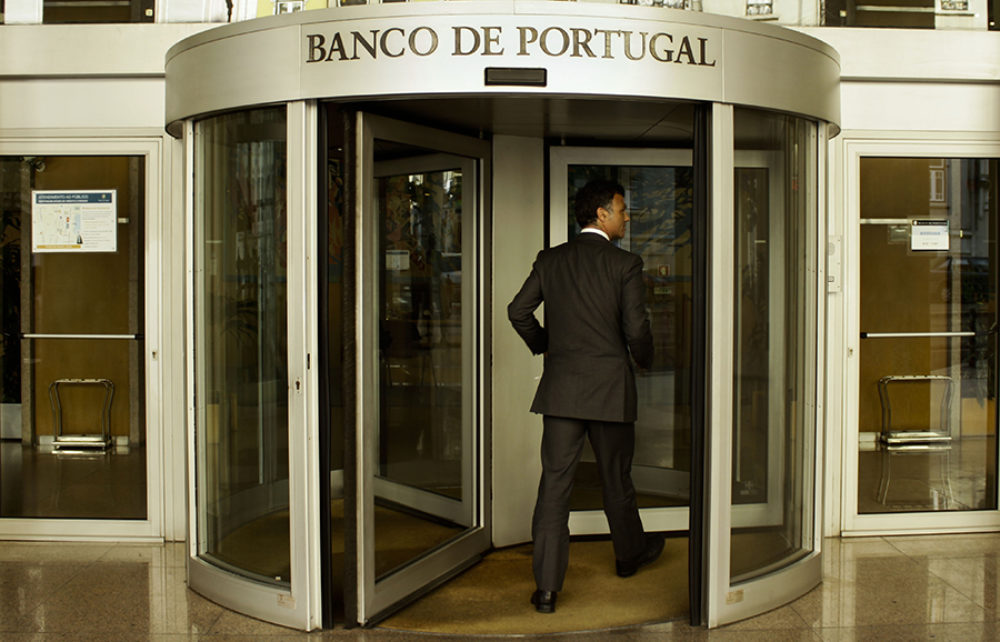Bison Bank shareholders will have to inject 19 million euros into the bank until the end of this month, by determination of Banco de Portugal, the country´s central bank.
The central bank warned Bison last December, in a letter to the executive committee of the need to carry out a capital increase and the supervisor’s letter was immediately forwarded by the bank’s management, led by Fang Bian, to the shareholder, Bison Capital Financial, who will now have the responsibility to increase capital.
Contacted by ECO, an official source of Bison Bank added that “the bank’s shareholder is in permanent contact with Banco de Portugal so that all necessary commitments are and always continue to be fulfilled”.
The same source added that the bank “has, at the date of December 31, 2019, without any relevant change to date, high levels of capital (Tier 1 Common equity of 85.6%) and liquidity (Liquidity Coverage Ratio of 526,2%)”.
Bison Bank is owned by Bison Capital Financial, which is in turn owned by Bison Capital Holding Company Limited, based in Hong Kong.
According to ECO, when it bought the former Banif investment bank, the Chinese group pledged to Banco de Portugal to inject 60 million euros into Bison Bank by the end of 2019. However, it only injected 41 million through a capital increase in July 2018.
In November, ECO revealed that Bison Bank was looking for new investors, but the information was denied by the bank.
The capital increase is also important in the development of the new business plan for 2020-2022 that Bison Bank’s board of directors reviewed at the end of last year. The revision of the business plan was “motivated by the need to accommodate the changes made in the meantime in the design of strategic measures to connect to the Asian market”, including the opening of a representative office in Hong Kong and postponing the development of the Wealth Management business and Investment Banking areas.
Notwithstanding these changes, the 2019 accounts were prepared “based on the principle of continuity of operations, with a view to the future success of the plan, geared to greater business development and revenue completion, complemented by the capital increase in the amount of 19 million euros to occur until June 2020 ”, highlights PwC.
Bison Bank stresses that these changes in relation to the Asian market, which presents itself as the main geography of revenue origination in the future”, are“ crucial ”to make the bank“ fully functional and profitable in the coming years”. It even reveals that the representative office in Hong Kong is in the final stage of approval by regulatory authorities.
Still, the bank says its business plan is facing challenges because of the new coronavirus pandemic. “The extent and degree of severity of this pandemic is not determinable at the present date. However, the solid capital and liquidity position allows the bank to be well prepared to absorb relevant shocks and the respective deviations from its business plan”, it highlights.
Bison Bank ended 2019 with losses of seven million euros, which represents a slight improvement over the losses of 9.4 million registered in 2018. On the positive side, the positive banking product of 2.4 million euros stands out, “representing a recovery of the bank’s operating activity compared to 2018 when the banking product was negative by 125 thousand euros”.




